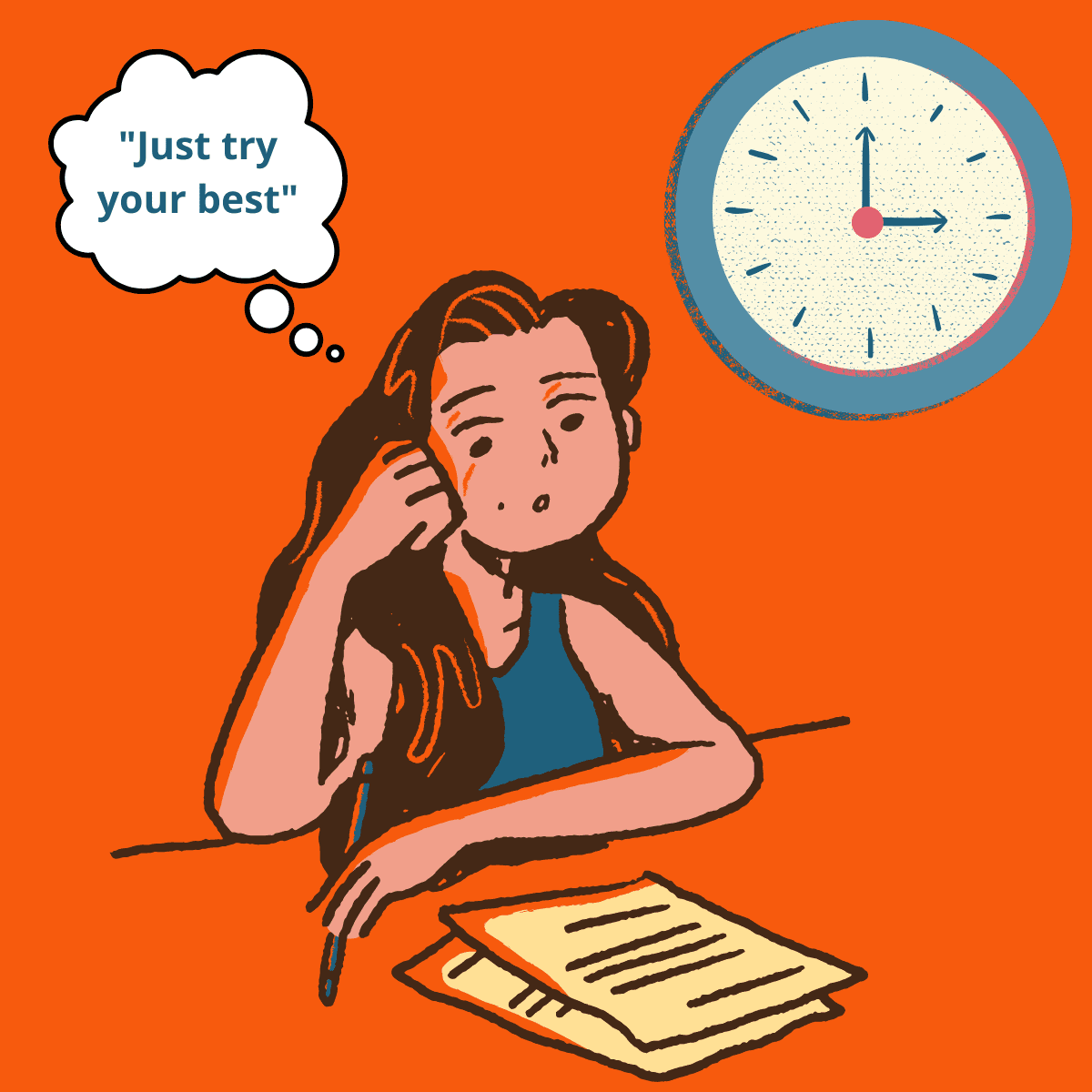Sitting an Insurance exam

In this blog, our Kickstart Marketing Assistant, Jo, shares her experience of sitting an exam in Insurance and offers insight and advice for anyone undergoing exam nerves, stress or pressure. Use this blog to encourage members in your organisation to be resilient and ease their nerves about upcoming tests and exams they may have.
_________________
I’ll admit it, I was rather dismissive of Insurance once I started studying for FIT (Foundation Insurance Test) through CII. Everything about Insurance was completely new to me and I found the nine detailed sections of the course and the hundreds of Insurance-specific jargon super daunting.
Once I started working through the sections, I began to understand and the puzzle slowly started to make a bit more sense. Once I felt like I understood the sections, I thought I’d discipline myself and get the exam out of the way. One thing I realised after failing my first attempt at sitting the exam:
Understanding something is quite different to learning and remembering it.
Exams are typically designed to test your basic knowledge of a subject and I thought I would pass a Level 2 multiple choice exam with ease after I had read over each section. But, as I disappointingly found out, I had failed.
As someone who has a tendency to be self-deprecating, the idea that I failed or didn’t do something right makes me feel defeated and sad. I convinced myself I’d not pass it because I obviously wasn’t interested nor smart enough to retain all of the information.
My mentor Clare assured me I’d pass next time and I thought, next time? I have to do the exam again? Exams make a lot of people nervous and I honestly think it’s down to the pressure of time, the pressures you have put on yourself to succeed and the pressures other people may put on you without knowing it. ‘Just do your best’ was what a family member said to me when I told them I was nervous about the exam. I always thought saying that was just what people said to ease your nerves but actually, it can make them worse.
As someone who has had anxiety since early adolescence, there is a lot of pressure in ‘just do your best’. It can make you think, well if I do my best but I still fail, does it mean my best isn’t good enough? Does it mean I’m not good enough? Then before you know it, you’re on the path of self-defeat and moping around with lower self-esteem than before you sat the exam.
But that’s just it – the exam is the source of why you feel terrible, so why not just try again? If I passed this time, I’d feel loads better. So I started revising again with a different approach. Instead of just reading over the content, I actually checked my knowledge and revisited sections I didn’t understand as well. To remember important bits of information, I made condensed notes and highlighted the information then I used sticky notes for information that literally wouldn’t stick.
Eventually, I was performing much better in the mock tests and I started to get at least 70% (the pass rate) which made me feel more confident. I suppose, in a nutshell, preparation is one key to success.
The other key to success is resilience. The ability to keep trying regardless of whether you failed the first time, despite the defeat is super important. How you feel on the inside might be negative, but resilience shows the belief in yourself that you can do it.
_________________
Talbot Jones Ltd is a family-run chartered insurance heritage specialist in the Third Sector and Professional risks. Get in touch for free insurance advice, review or quotation.






